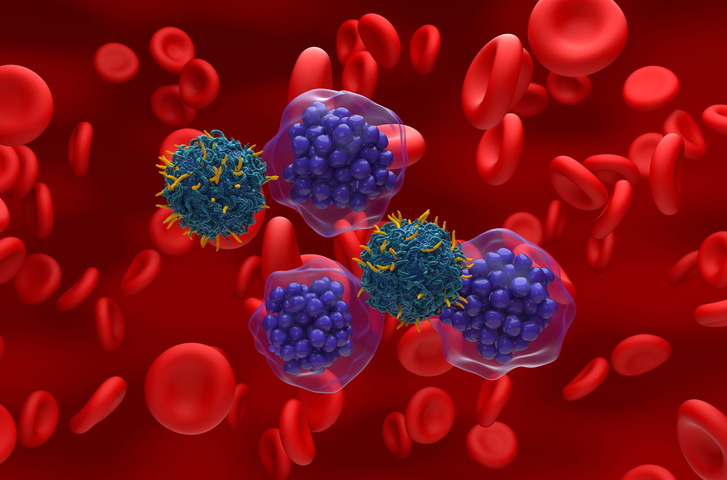
Orelabrutinib, a novel oral, small-molecule, Bruton’s tyrosine kinase (BTK) inhibitor, induced high rates of response and sustained remission of disease in a cohort of Chinese patients with relapsed or refractory marginal zone lymphoma (MZL), reported authors of a trial published in the American Journal of Hematology.
The study was led by Lijuan Deng, MD, of the Department of Lymphoma at the Peking University Cancer Hospital & Institute in Beijing, China.
The phase II, multicenter, single-arm study enrolled 111 patients, of whom 90 had MZL, primarily extra-nodal MZL of mucosa-associated lymphoid tissue (46.7%) and nodal MZL (35.6%). The majority of the cohort had late-stage disease, including stage IV in 75.6% of patients.
Over a median follow-up of 24.3 months, the independent review committee (IRC)-assessed objective response rate was 58.9% (95% CI, 48.0-69.2), with a complete response rate of 11.1% and a partial response rate of 47.8%.
The IRC assessment of median duration of response was 34.3 months, and the median progression-free survival (PFS) was not reached, with a 12-month PFS rate of 82.8% (95% CI, 72.6-89.5). The rate of overall survival at 12 months was 91% (95% CI, 82.8-95.4).
According to the report, the most common any-grade treatment-related adverse events (TRAEs) were anemia (27.9%), decreased neutrophil count (23.4%), decreased white blood cell count (18.0%), decreased platelet count (17.1%), presence of blood in urine (16.2%), rash (14.4%), and upper respiratory tract infection (10.8%).
Finally, 34 patients (30.6%) experienced grade 3 or higher TRAEs, and serious TRAEs occurred in 18 patients (16.2%), with pneumonia (5.4%) being the most common. Seven patients (6.3%) discontinued orelabrutinib treatment due to TRAEs.
Reference
Deng L, Li Z, Zhang H, et al. Orelabrutinib for the treatment of relapsed or refractory marginal zone lymphoma: a phase 2, multicenter, open-label study. Am J Hematol. 2023;98(11):1742-1750. doi:10.1002/ajh.27064






 © 2025 Mashup Media, LLC, a Formedics Property. All Rights Reserved.
© 2025 Mashup Media, LLC, a Formedics Property. All Rights Reserved.